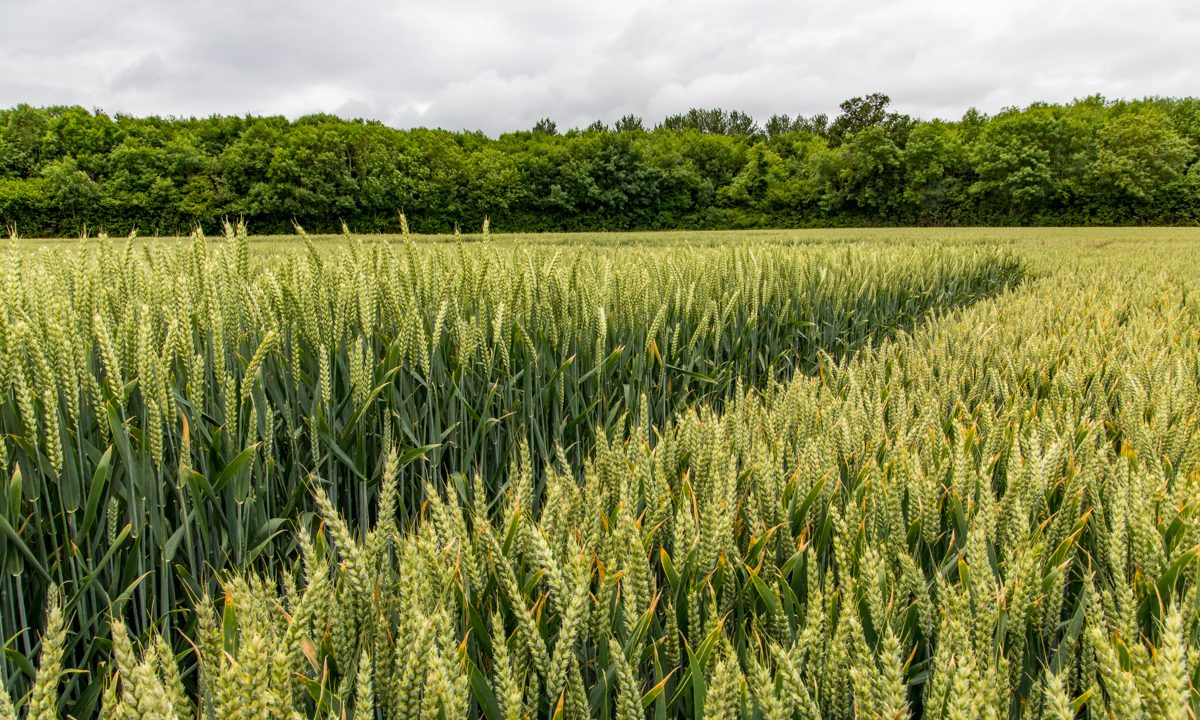Increasing the area under tillage in Ireland is “one obvious solution” to meeting targets set out in the Climate Action Plan, according to the Irish Grain Growers Group (IGGG).
The Climate Action Plan 2021 was published by the government yesterday (Thursday, November 4), confirming that the agricultural sector will have to cut its emissions by between 22% and 30% by 2030, as part of an overall effort to cut emissions across the economy by the end of the decade by 51%.
Farm organisations were swift to issue their reactions to the plan, with the IGGG this morning calling for an increase in tillage area as a means to meet the targets.
“The facts are available but not highlighted enough about our very low-carbon footprint. We do have room for improvement, are up for the challenge and are already taking steps.
“We welcome the long-term commitment to the SIM [Straw Incorporation Measure] and protein payment going forward. However, we must highlight again that the new CAP [Common Agricultural Policy] reform could and will have serious consequences for the active full-time tillage farmer,” the group said.
According to the IGGG, tillage farmers will be “financially dragged back and thus will lose tillage acreage to other higher carbon-producing farm practices”.
“This would be going totally against the grain of the new Climate Action Plan, where low-carbon producing farming will be a key to success going forward,” the organisation argued.
“Investment in the sector needs to focus on adding substantial value to what we grow both inside the farmgate and at processor level. Opportunity is there if the commitment is there from those that have influence.”
The IGGG says the tillage farmers should feel “optimistic about their future”, but only if “policy makers have an appetite to realise the sector’s potential, which will have give positive results to our climate”.
In terms of green energy production targets, the IGGG argued that farmers could “have a very positive roll in helping reaching those targets”; however, the group also said that “many hurdles exist at present, including planning permission and the lack of feed-in tariffs [referring to farmers payments to produce electricity for the national grid]”.
“It’s in policymakers’ hands to address this to give this area a real boost in confidence.
“We are good at growing grass in Ireland but we are equally good, if not better, at growing crops, a fact lost on many,” the IGGG remarked.
